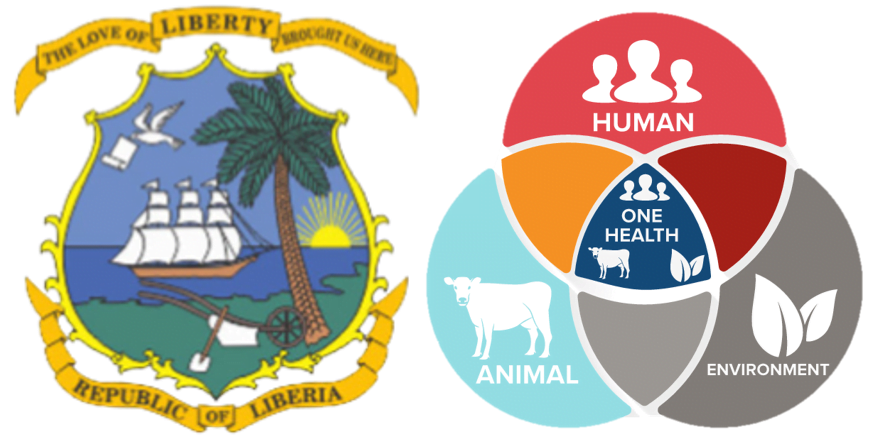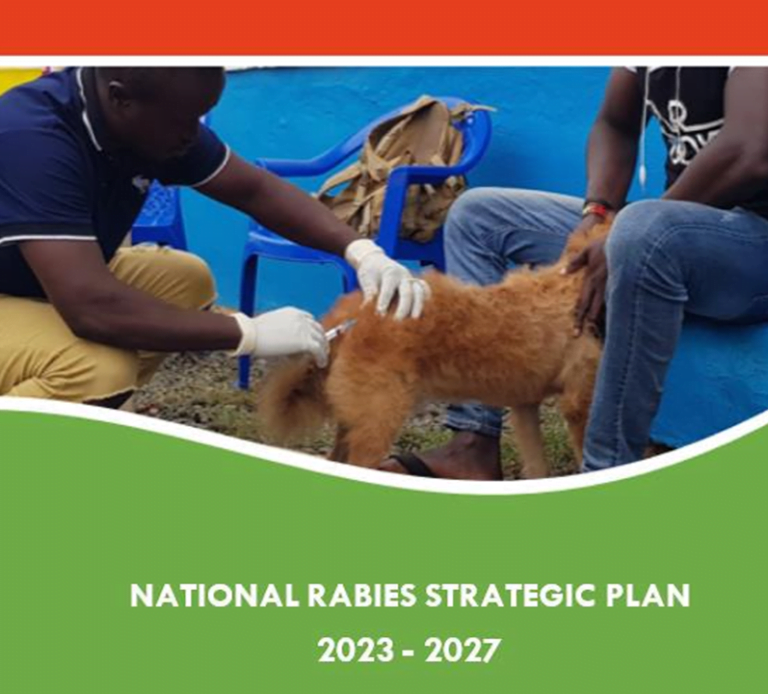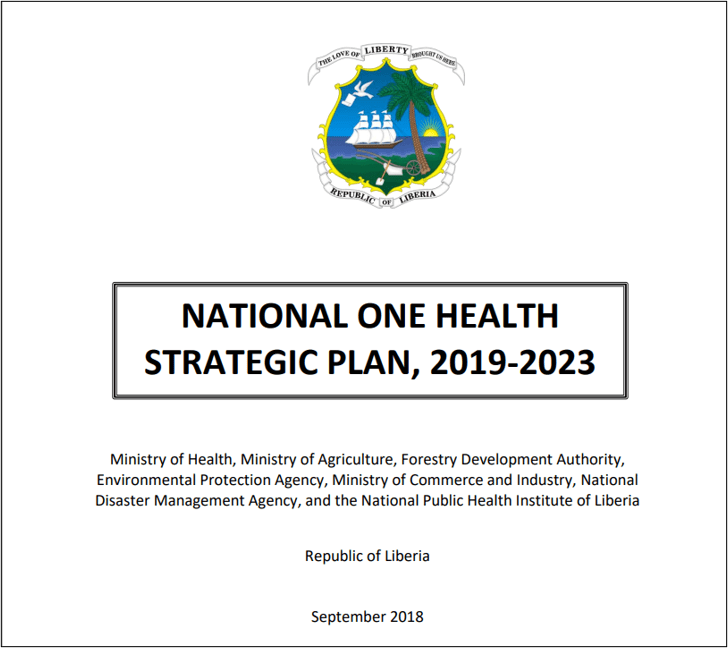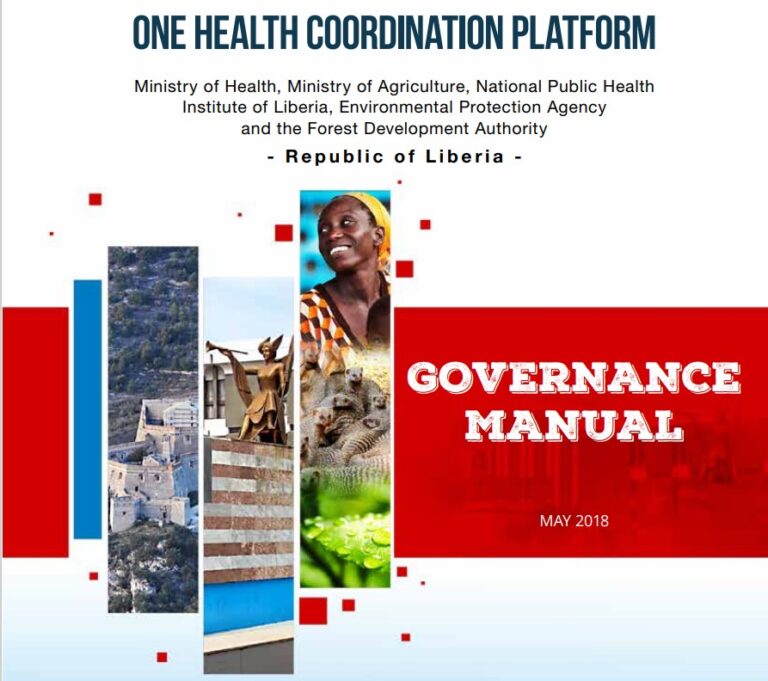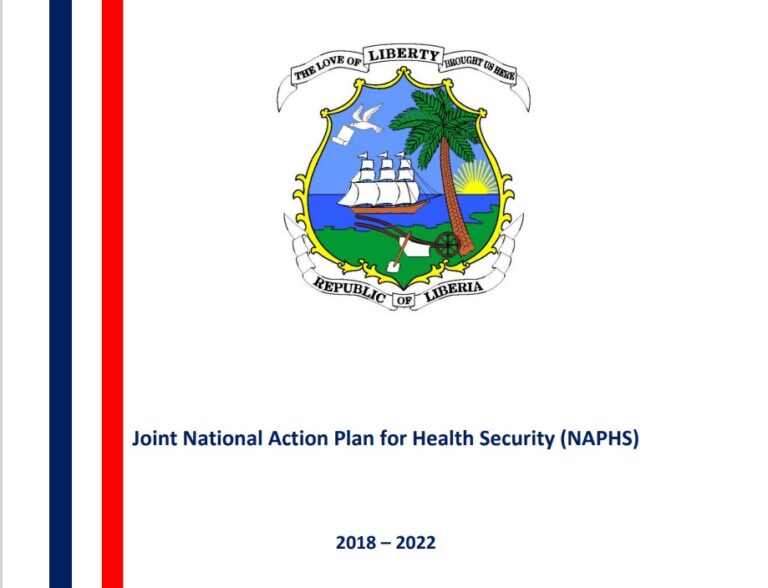National Rabies Strategic Plan – 2023-2027 – Liberia
In Liberia, dog rabies is endemic, and surveillance systems and disease control activities are still being strengthened. However, rabies vaccination in humans has been documented since 1949. After the civil war from 1989-2003 and the devastating Ebola outbreak from 2014-2015, healthcare services and infrastructure were substantially weakened. Dog-related rabies has been eliminated from most developed…
